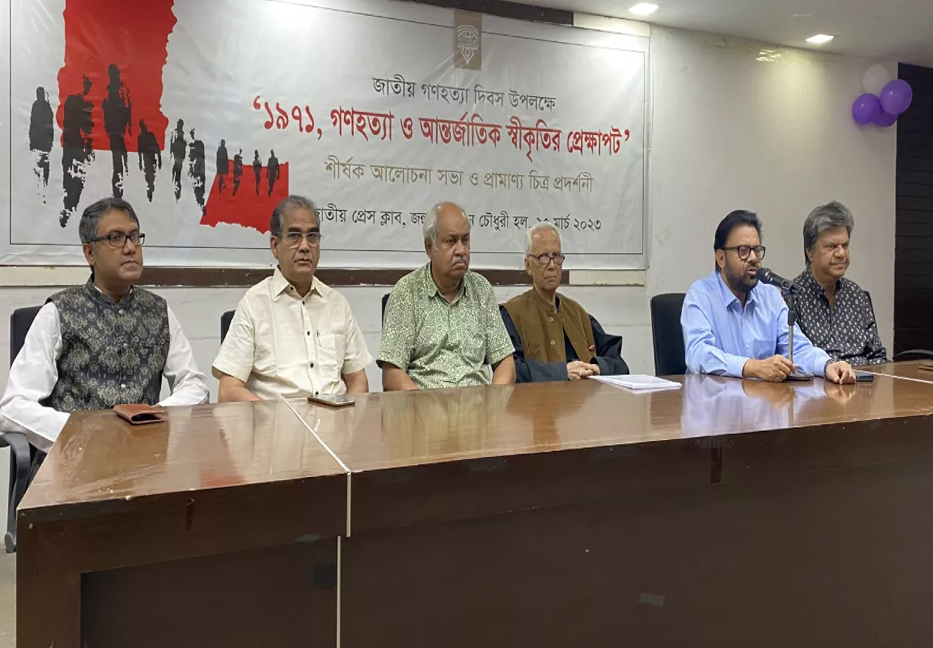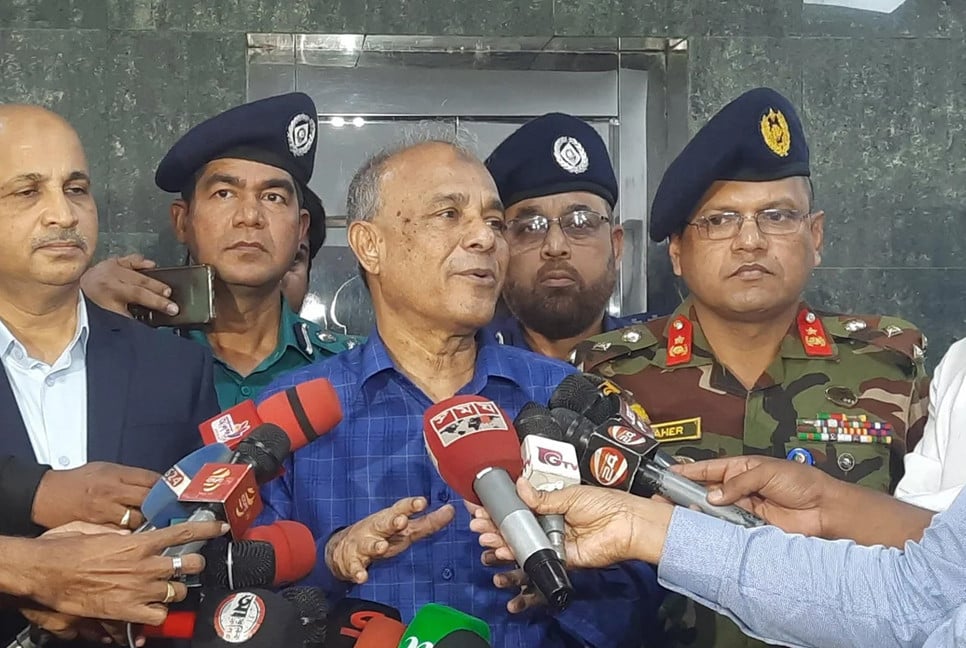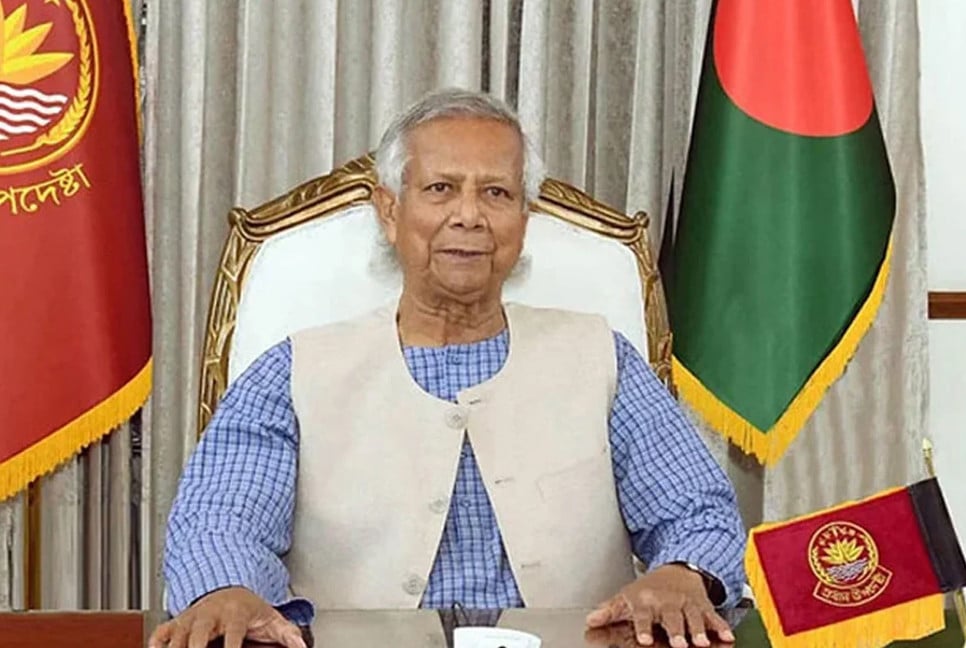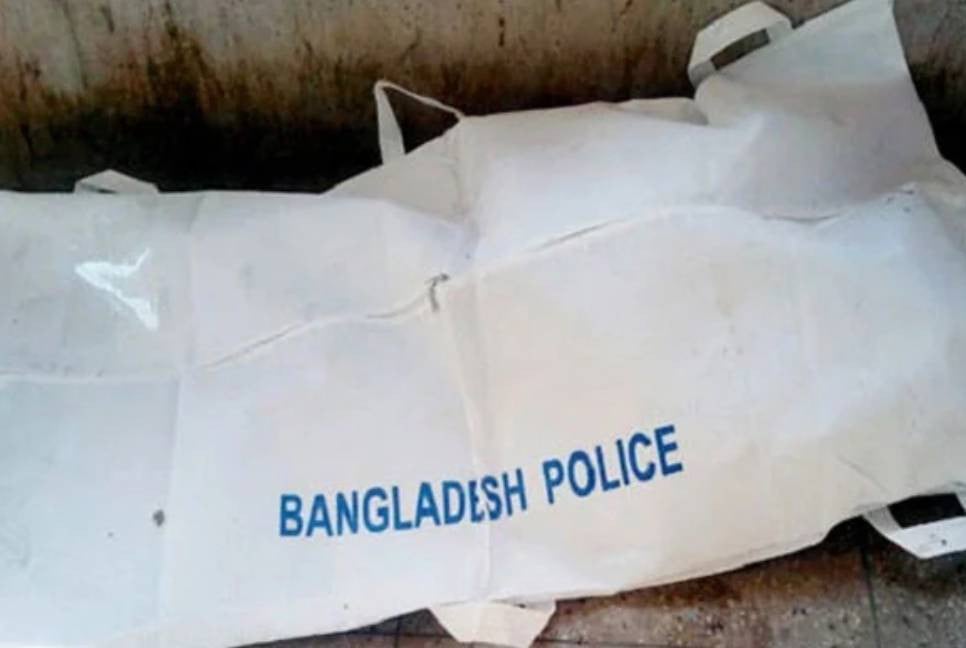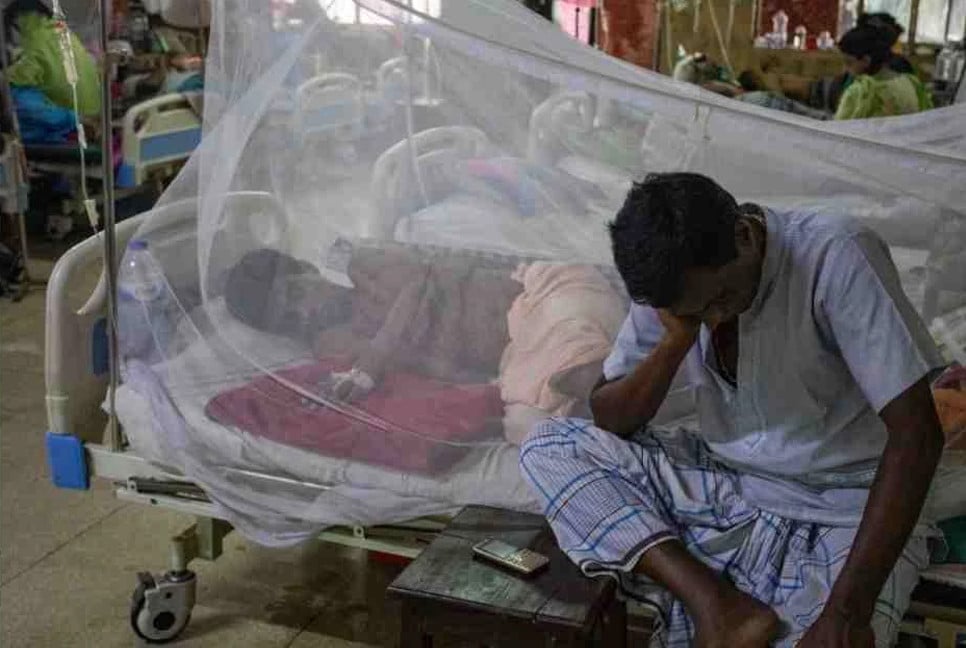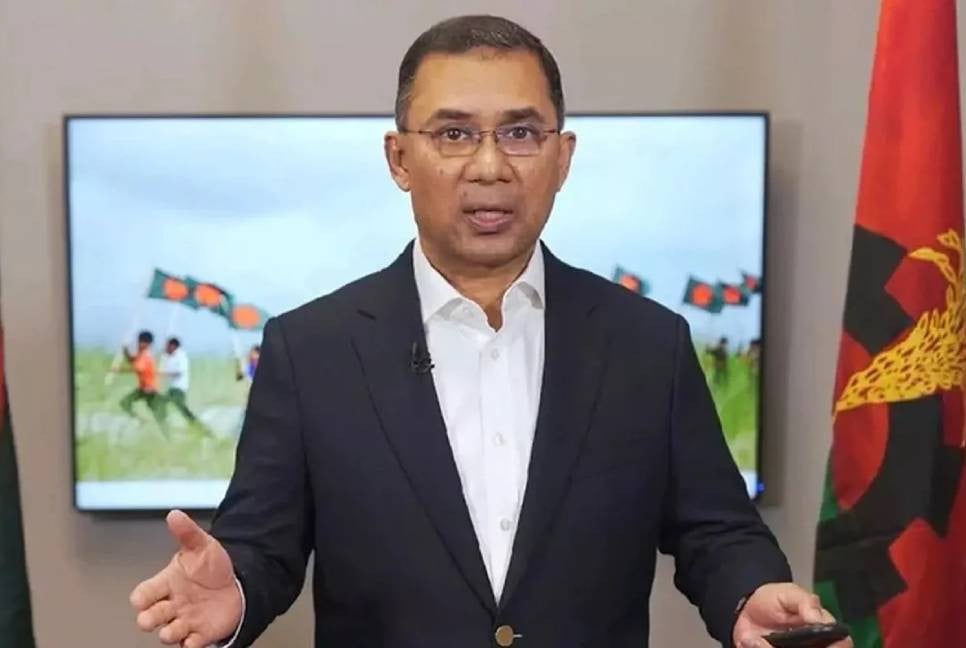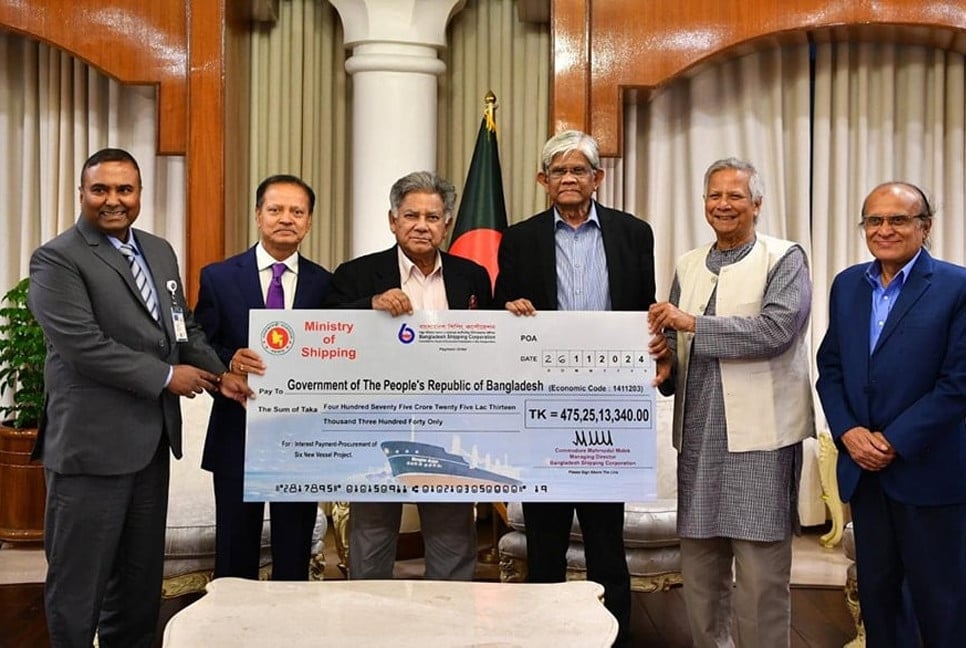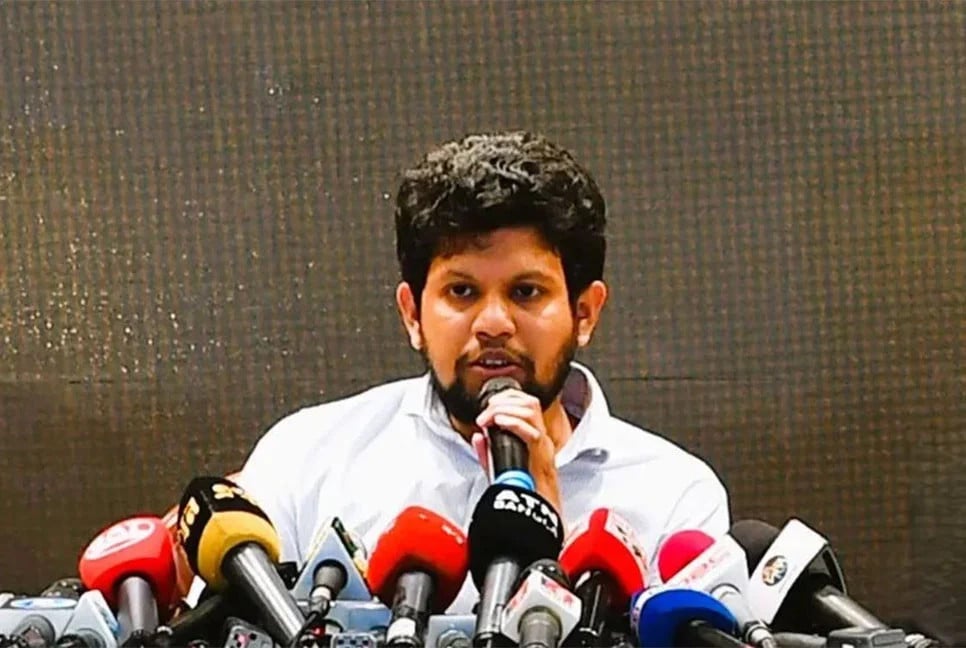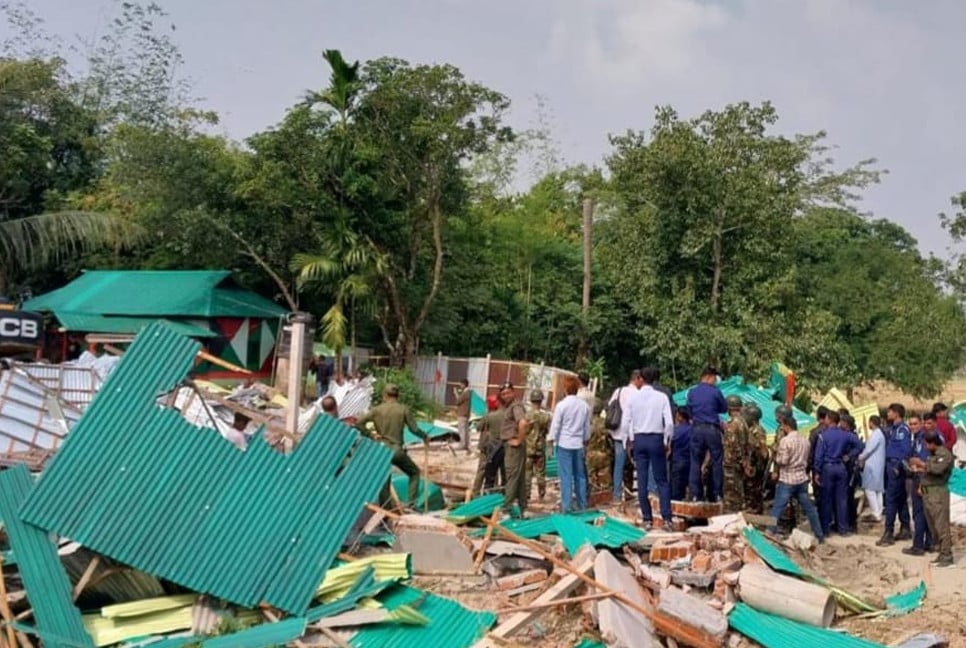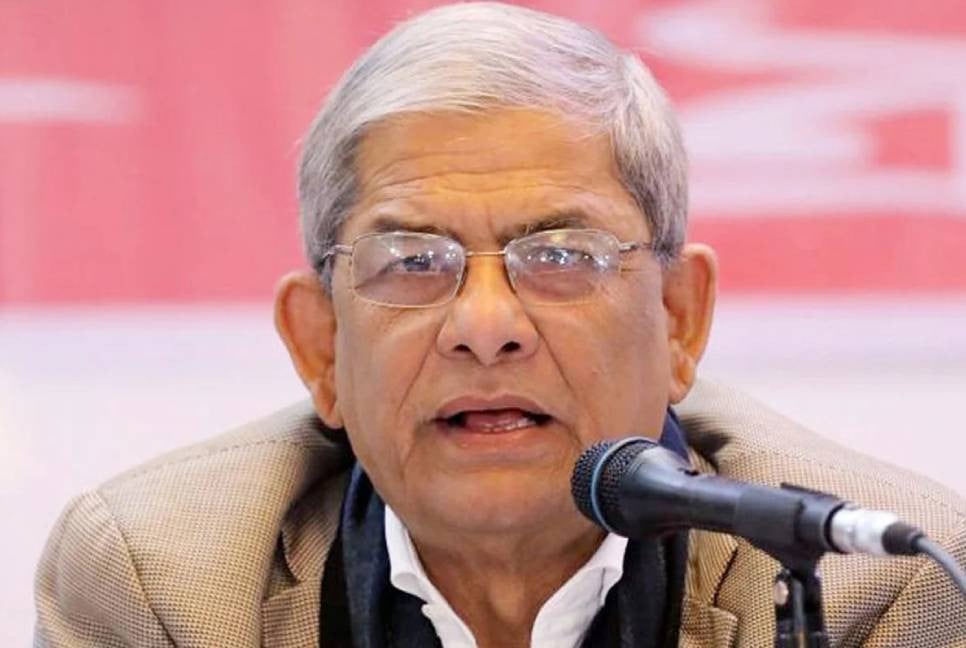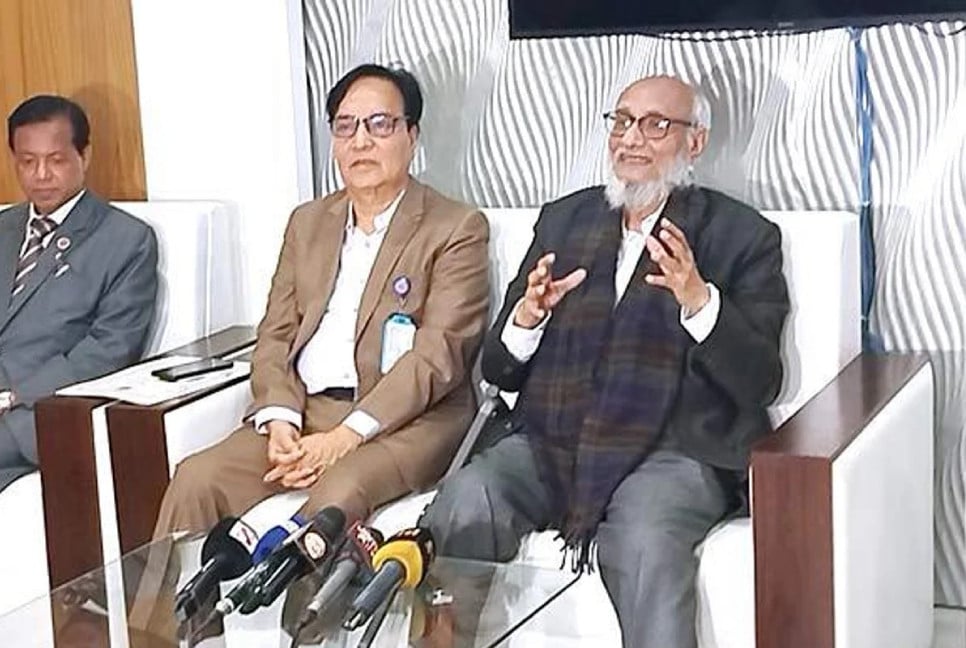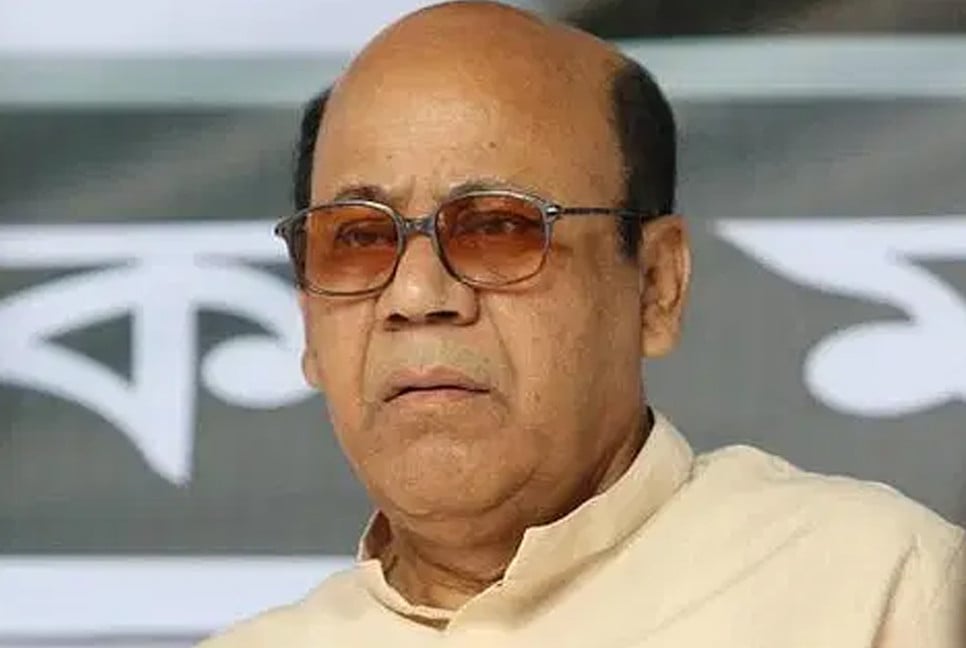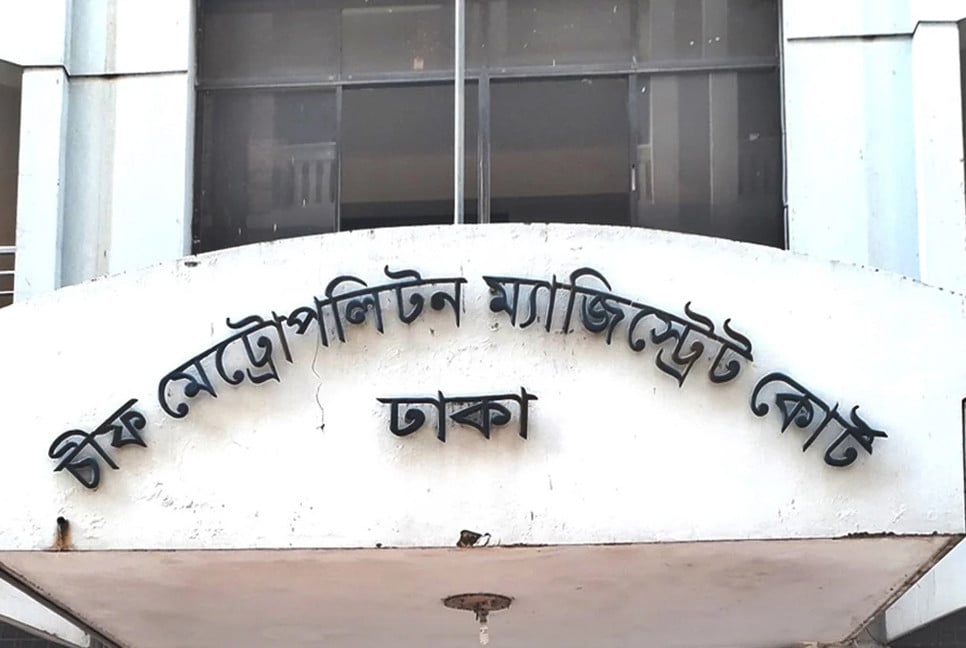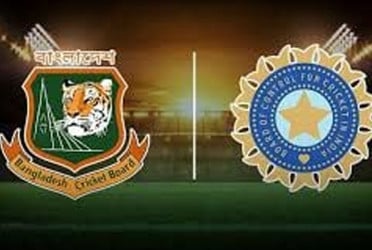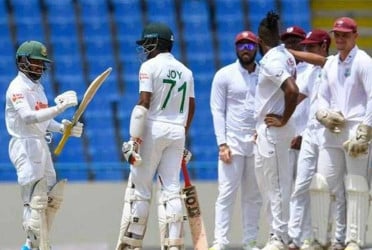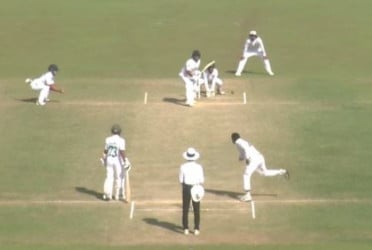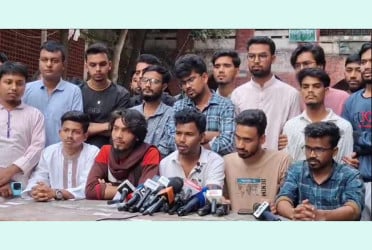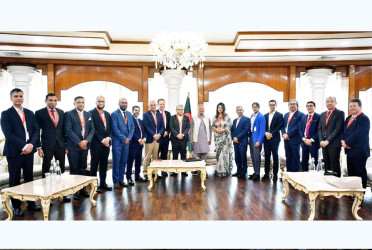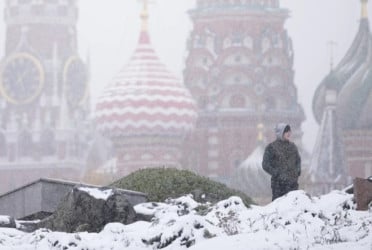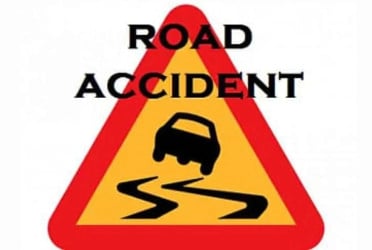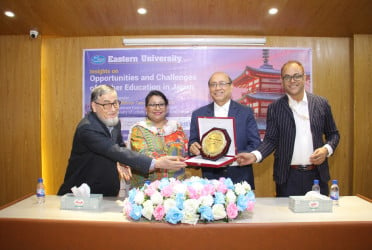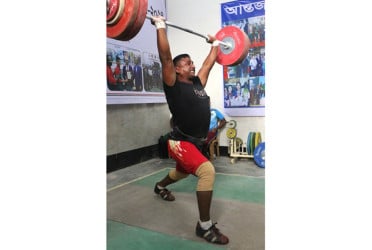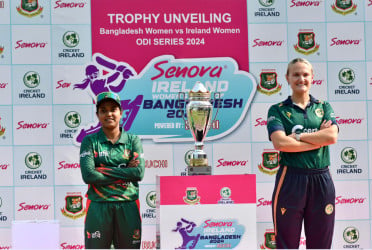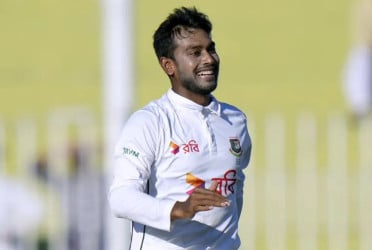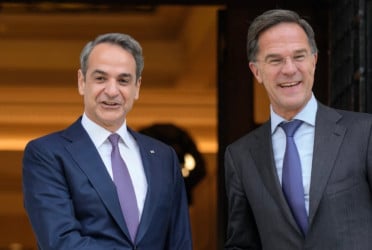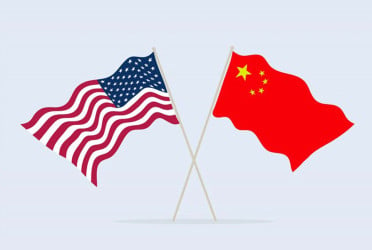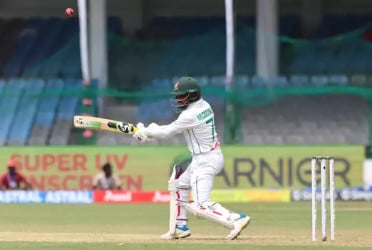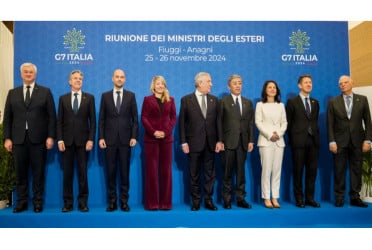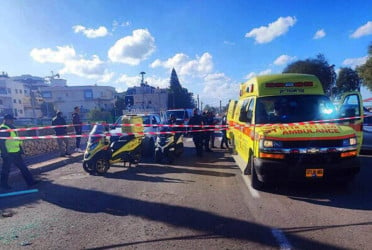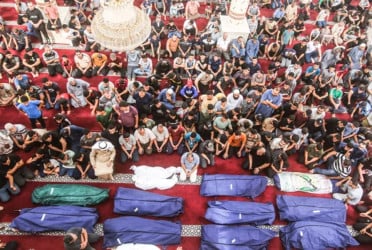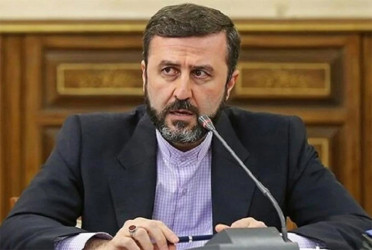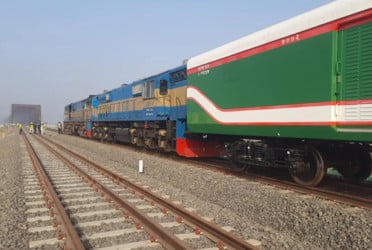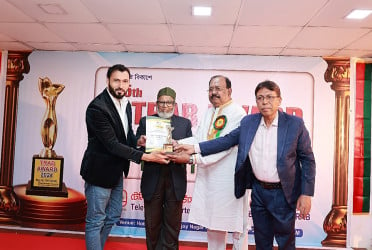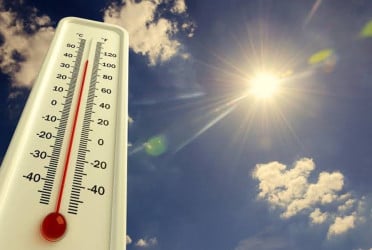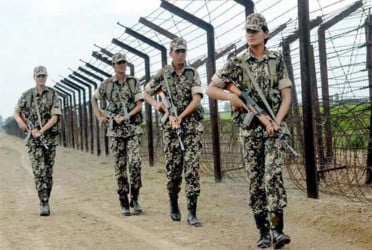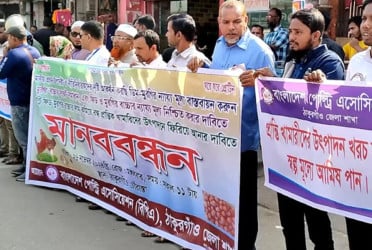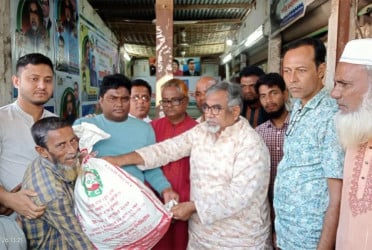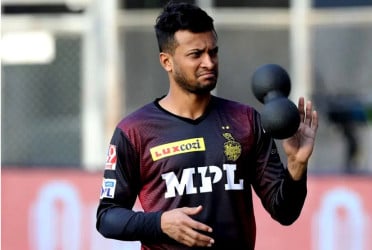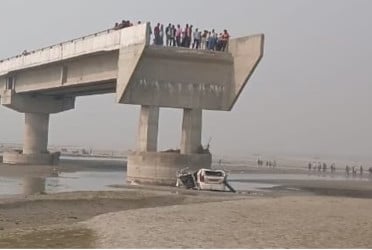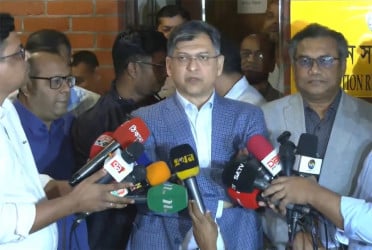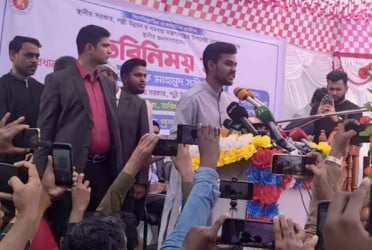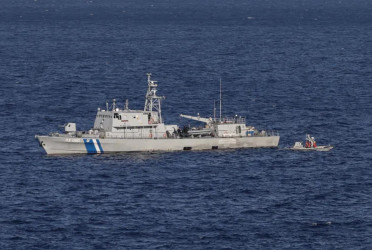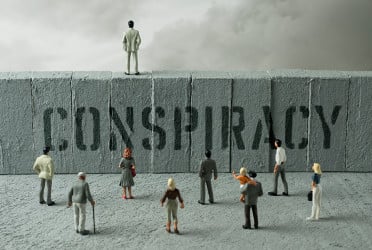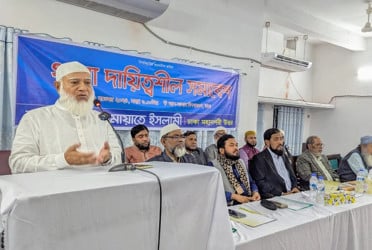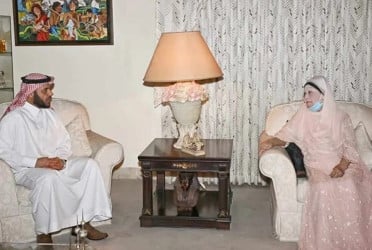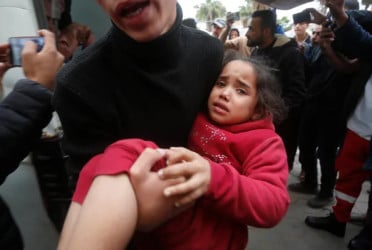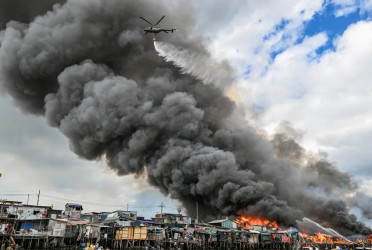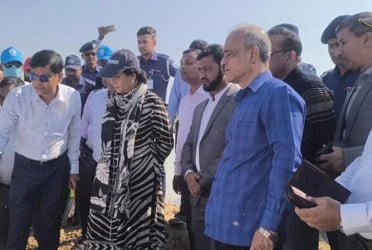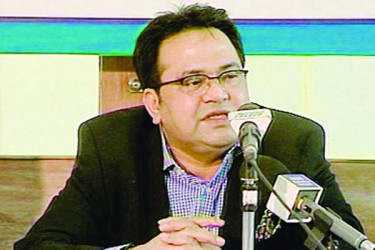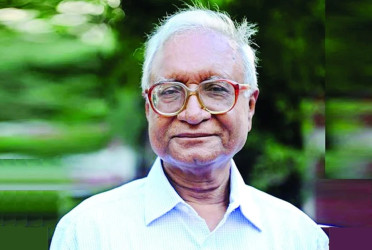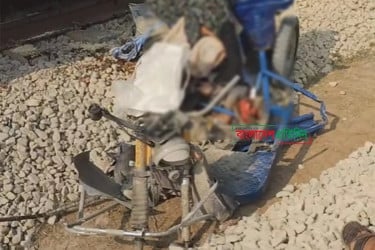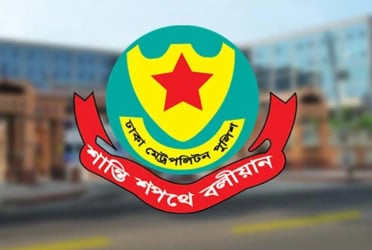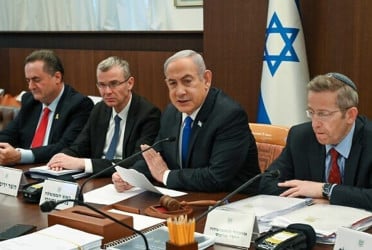Speakers at a discussion event in Jatiya Press Club called upon the government to make a strong demand at the United Nations General Assembly (UNGA) session for getting the international recognition of genocide perpetrated by the Pakistani Army in Bangladesh on the night of March 25, 1971.
They also said although the international community has recognized the brutal killing of the Rohingya people in Myanmar as genocide, the global community and human rights bodies are still spending time to recognize the genocide carried out during the Liberation War in Bangladesh, reports UNB.
Jatiya Press Club arranged the discussion titled “Genocide in 1971, Context of International Recognition', marking the national Genocide Day and Independence Day.
Presided over by Press Club’s senior vice president Hasan Hafiz, the club’s joint secretary Ashraf Ali and treasurer Shahed Chowdhury also spoke on the occasion. Journalist Julhas Alam, Convenor of the club’s Seminar, Meet the Press and International Affairs Sub-committee, moderated the programme.
Later, documentary filmmaker Kawsar Chowdhury's documentary “A Day in Mass Killing Fields” was screened.
Speaking at a programme as the keynote speaker, Muhammad Zamir, a former Ambassador and an analyst of international affairs, said the international community talks a lot about genocide and crimes against humanity. “But when it comes to the recognition of the genocide in Bangladesh, they remain silent.”
He also said the US formally declared the violence committed against the Rohingya minority by Myanmar's military amounts to genocide and crimes against humanity and the country passed the BURMA Act, a comprehensive law designed to simultaneously sanction Myanmar’s military junta while providing support to the country’s numerous democratic forces.
Muhammad Zamir bemoaned that the international community, including the USA, however, has been playing the role of silent spectators regarding Bangladesh’s demand for the recognition of the genocide and massacre committed by Pakistani occupation forces in 1971.
“So, we should now make a strong demand at the UN General Assembly for international recognition of the genocide carried out in Bangladesh,” he said.
Kawsar Chowdhury said the UN defines genocide as a crime committed with the intent to destroy a national, ethnic, racial or religious group, in whole or in part. “As per this definition, the massacre carried out by the Pakistanis in 1971 was undoubtedly genocide. Pakistanis killed lakhs of people here to destroy a nation.”
He said the killing of 2,000 people was recognised as genocide in Vietnam whereas over 10,000 people were killed in a day in Khulna’s Chuknagar on May 20, 1971, by Pakistani Army and their local collaborators.
Kawsar said the government needs to work in a planned way to get recognition of the genocide carried out by the Pakistani Army.
Jatiya Press Club general secretary and Bhorer Kagoj editor Shyamal Dutta said many mass killing fields still remain neglected. “Those mass killing fields should be preserved by the government. If the government initiatives to preserve the memory of the genocide are not strengthened, it will be difficult to get international recognition of the genocide.”
On the night of March 25 in 1971, the Pakistani military junta resorted to mass killings in the name of Operation Searchlight. They mercilessly killed Bangalee members of the East Pakistan Rifles and police, students, teachers and common people, set houses on fire and looted business establishments, leaving a trail of destruction.
The day is being observed as Genocide Day officially for the seventh time in the country since the parliament unanimously adopted a resolution on March 11, 2017.
Foreign Minister Dr AK Abdul Momen recently said the government is working for getting recognition of March 25 as International Genocide Day by all the countries in the world.
Bd-pratidin English/Lutful Hoque

